Flange gaskets are essential sealing components used in various industries to create a tight, leak-proof seal between two flanged parts, typically in piping systems, valves, and machinery. These gaskets ensure safe and efficient operation by preventing the escape of fluids, gases, or other substances. Below are the key uses of flange gaskets:
1. Sealing Piping Systems
- Prevent Leakage: Flange gaskets are primarily used to prevent leaks in piping systems, ensuring that fluids such as water, oil, gas, or chemicals are contained within the system.
- Pressure Maintenance: They help maintain the internal pressure within pipes, reducing the risk of system failures or hazardous leaks.
2. Industrial Equipment
- Machinery Sealing: In industrial machinery, flange gaskets are used to seal connections between various parts to prevent contamination and loss of pressure, ensuring efficient operation.
- Hydraulic and Pneumatic Systems: These gaskets are crucial for sealing hydraulic and pneumatic components, preventing fluid or air leakage and enhancing system performance.
3. Heat Exchangers and Boilers
- Thermal Insulation: Flange gaskets are used in heat exchangers and boilers to prevent thermal losses and to ensure proper sealing between different components under high temperature and pressure.
- Corrosion Prevention: They help protect the system from corrosion caused by leaks of chemicals or high-pressure steam.
4. Corrosion Resistance
- Chemical Resistance: Many flange gaskets are designed to withstand exposure to aggressive chemicals, preventing leaks in corrosive environments.
- Durability in Harsh Conditions: Flange gaskets made from materials like graphite, PTFE, or metal provide durability and reliability, even in high-pressure or extreme temperature environments.
5. Customization
- Tailored for Specific Applications: Flange gaskets can be customized to suit specific needs based on the size, material, pressure, and temperature of the system, ensuring a perfect seal.

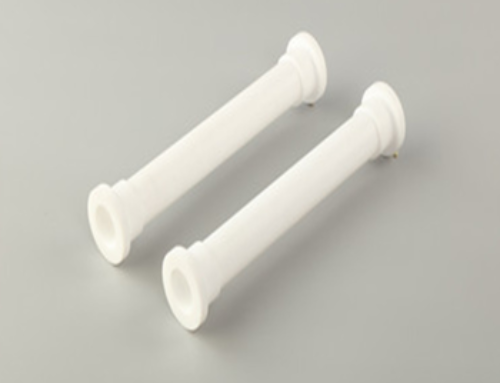
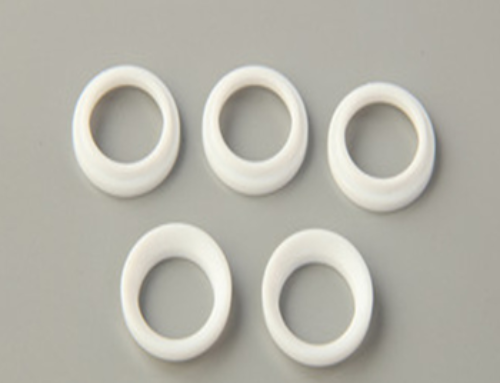

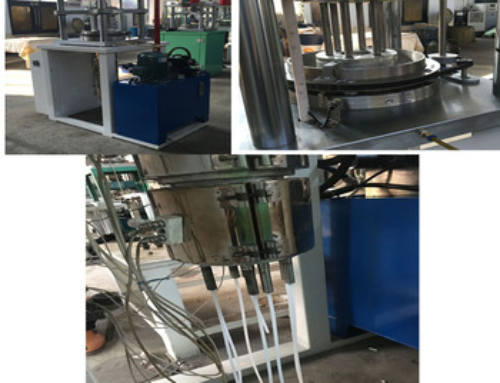
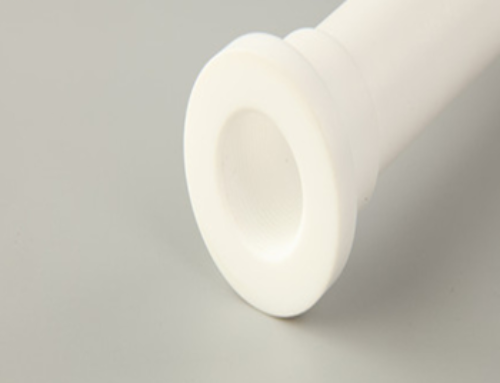

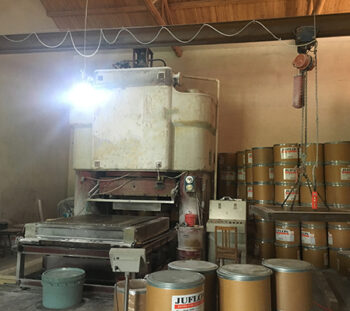

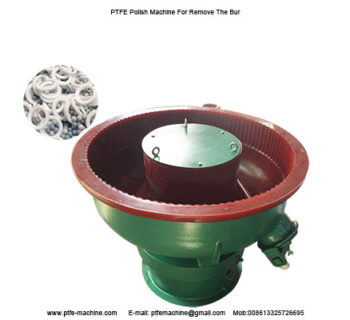
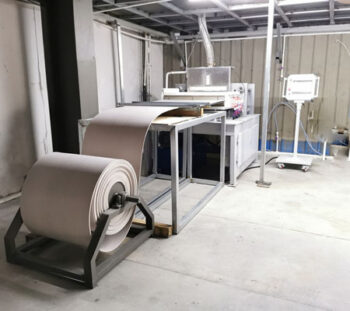
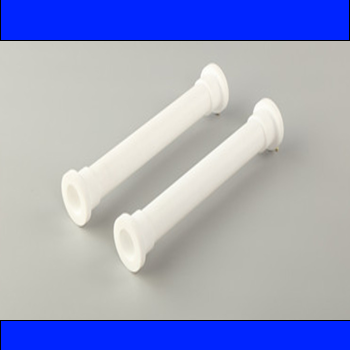

Leave A Comment
You must be logged in to post a comment.